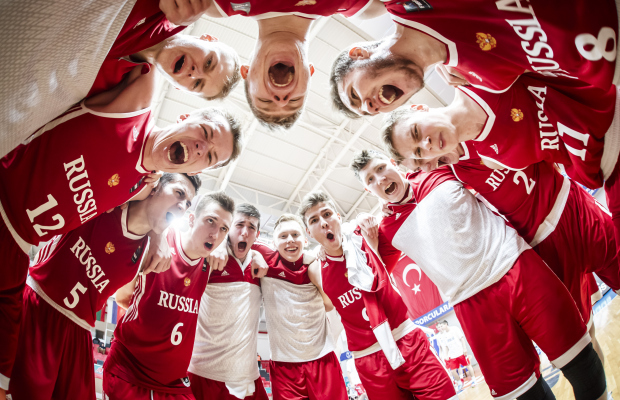La decisión de trabajar con un agente es extremadamente importante, ya que designará a otra persona para que actúe en su nombre.
Asegúrese de que su agente cumpla los siguientes requisitos: a) esté certificado por la FIBA para trabajar como agente internacional de baloncesto; b) tenga una sólida comprensión del baloncesto y el mercado profesional; y c) sea conocido por su honestidad, fiabilidad y profesionalismo.
Evalúe la posibilidad de tener distintos representantes (un agente, un asesor financiero y un abogado) para los diferentes aspectos de su vida personal y profesional.
No firme ningún documento que no haya leído o que no entienda.
Recuerde que la reputación que construya en las etapas iniciales de su carrera afectará su atractivo como inversión de negocios cuando esté jugando en niveles más altos.
Establezca buenas relaciones con sus patrocinadores para tener más posibilidades de que le renueven los contratos.
Familiarícese con las expresiones financieras y técnicas más comunes para poder evaluar adecuadamente sus opciones cuando se reúna con posibles asesores.
